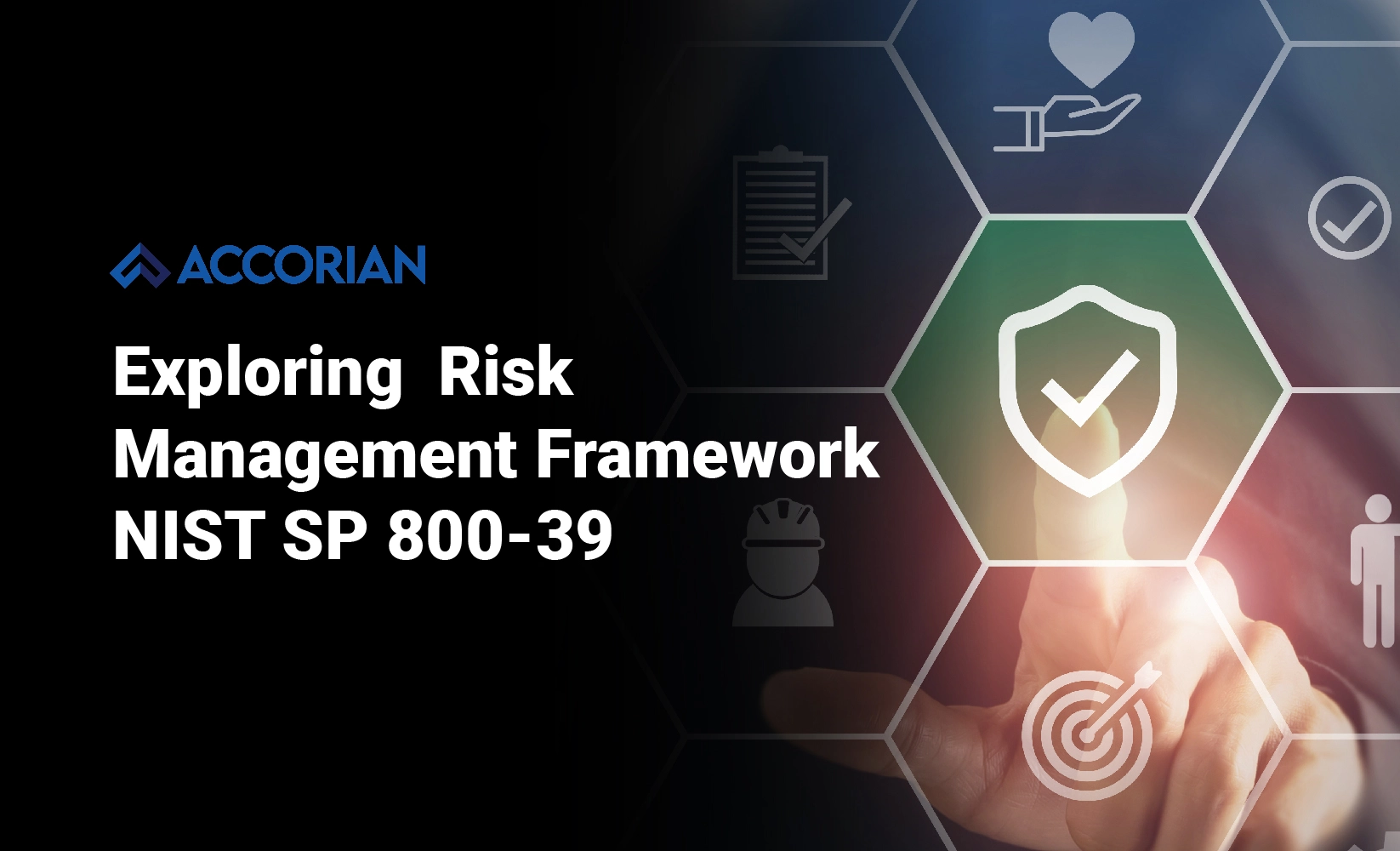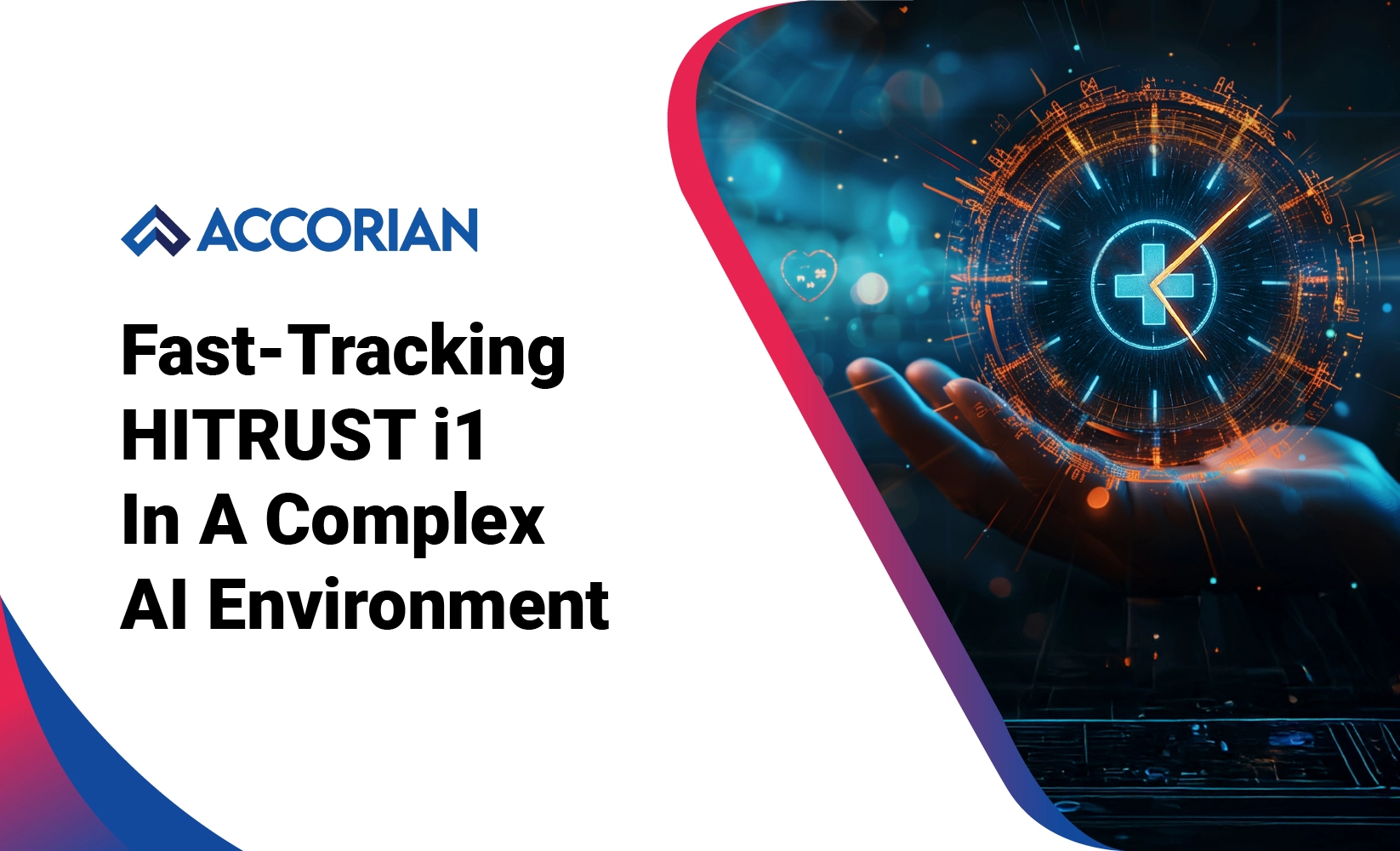NIST
The NIST Cybersecurity Framework is a trusted guide for managing cybersecurity risks. It helps organizations protect critical infrastructure and comply with emerging security laws and standards.
The NIST Cybersecurity Framework is an optional framework composed of standards, recommendations, and best practices for managing cybersecurity-related risk. The primary objective of the NIST Critical Infrastructure Cybersecurity Framework is to “Improve Critical Infrastructure Cybersecurity.”

Why Do You Need NIST?
The NIST Cybersecurity Framework (CSF) is designed to assist organizations in enhancing their cybersecurity by providing clear guidance, actionable steps, and established best practices. It supports both government and private entities in safeguarding their critical assets. Originally developed for critical infrastructure sectors, the CSF has been widely adopted across various industries. Federal agencies are encouraged to integrate the CSF with existing NIST security and privacy risk management standards to strengthen their cybersecurity risk management programs.
Key Components of the Cybersecurity Framework
The Framework Core
A set of cybersecurity activities, outcomes, and informative references that are common across critical infrastructure sectors.
The Framework Profile
A Framework Profile enables you to establish a roadmap for reducing cyber security risk that is well aligned with organizational goals and legal/regulatory requirements.
The Framework Implementation Tiers
Provides a mechanism for organizations to view and understand their maturity and approach to managing cybersecurity risk in comparison with the best practices defined in the Framework.
Industries Impacted by the NIST CSF
Entities like SaaS, Financial services, Educational & Research institutions, Healthcare, Consulting companies, and service providers will have an elevated security posture if they comply with the requirements of NIST CSF.
Why Should You Adopt NIST?
Manage and Mitigate Cybersecurity Risks
It enables you to better comprehend, manage, decrease cybersecurity threats, data loss, and restoration costs.
Prioritize Key Operations
It allows you to identify your most essential tasks for delivering critical operations and service delivery.
Demonstrate Trust and Asset Protection
It implies that you are a trusted organization that protects your critical assets.
Maximize Cybersecurity Investment
It facilitates investment prioritization and maximizes the effect of every dollar spent on cybersecurity.
Types of NIST Frameworks
- NIST CSF 2.0: Updated guidance applicable to all industries.
- NIST AI 100-1: It is for the AI Risk Management Framework (AI RMF)
- NIST SP 800-30: Guidance on risk assessments.
- NIST SP 800-37: A framework for managing risks across the system lifecycle.
- NIST SP 800-53: Controls for securing federal systems.
- NIST SP 800-171 : Protecting Controlled Unclassified Information in Nonfederal Systems and Organizations.
01
NIST CSF 2.0
To help industry, government agencies, and other organizations manage cybersecurity risks, NIST has developed the Cybersecurity Framework (CSF) 2.0. NIST CSF 2.0 expands the scope of the security control’s guidance to organizations of all sizes and industries, unlike the original scope of NIST CSF which was focused on the protection of critical infrastructure, such as energy companies, banks, and hospitals.
02
NIST AI 100-1
The NIST AI 100-1 refers to the Artificial Intelligence Risk Management Framework (AI RMF) 1.0, published by the National Institute of Standards and Technology (NIST) in January 2023. The framework offers a structured approach to identifying, assessing, and mitigating risks associated with AI systems, emphasizing accountability, transparency, and responsible AI adoption while protecting individual rights and against potential harm.
03
NIST SP 800-30
Special Publication 800-30 aims to offer guidance for performing risk assessments on federal information systems and organizations, building upon the recommendations in Special Publication 800-39. These risk assessments are conducted across various levels of the risk management hierarchy and form a crucial part of the overall risk management process. They equip senior leaders and executives with the necessary information to make informed decisions and take appropriate actions in response to identified risks.
04
NIST SP 800-37
The main objective of NIST SP 800-37 is to offer a risk management framework that allows organizations to effectively assess and manage risks associated with their information systems and data throughout the system’s life cycle. It is a flexible framework which can be tailored based on the business requirements & objectives of the organization.
05
NIST SP 800-53
NIST SP 800-53 offers a catalogue of controls designed to ensure the security and resilience of federal information systems. These controls encompass operational, technical, and management safeguards which are essential for maintaining the integrity, confidentiality, and security of these systems. NIST guidelines integrate SP 800-53 with SP 800-37, which provides federal agencies and contractors with guidance on implementing risk management programs. SP 800-53 specifically focuses on the controls that align with the risk management framework outlined in SP 800-37.
06
NIST SP 800-171
NIST 171 (National Institute of Standards and Technology Special Publication 800-171) provides a set of cybersecurity standards designed to protect Controlled Unclassified Information (CUI) in non-federal systems and organizations. It outlines 14 control families, covering areas such as access control, incident response, and system security. Compliance with NIST 171 ensures that organizations handling sensitive data adhere to rigorous security practices. This standard is critical for contractors, subcontractors, and other entities working with federal agencies to maintain the confidentiality and integrity of CUI.
Framework Core
A collection of cybersecurity actions, results, and instructive references shared by sectors of critical infrastructure. The Framework Core offers five fundamental capabilities
IDENTIFY
Manage assets, assess risks, and establish governance.
PROTECT
Secure systems through access control, data protection, and employee training.
DETECT
Monitor systems to identify and respond to anomalies.
RESPOND
Create plans to contain and mitigate incidents.
RECOVER
Plan for restoring operations after an incident. Focus on practical, non-repetitive points.
The Framework Profile
It allows you to create a path for decreasing cybersecurity risk that is consistent with company objectives.
Framework Profiles are the unique alignment of an organization’s goals, needs, resources, and risk tolerance with the expected results of the NIST CSF Core. By compartmentalizing a “Current Profile” and a “Target Profile,” you will be able to identify chances to increase the cybersecurity protection of your organization.
Framework Implementation Tiers
Provides a means for businesses to compare their approach to cybersecurity risk management with the best practices outlined in the framework. In order to fulfil the diverse security needs of various companies, The NIST CSF implementation Consists of 4 tiers which specify the extent to which their cyber risk management procedures display the NIST CSF criteria. These four implementations are detailed below:
Tier 1: Partial
Organizations operate reactively with minimal or no formal processes. Security measures are triggered by incidents rather than systematic strategies, and risk management is not a focus. Documentation or standardization is generally absent.
Tier 2: Risk Informed
Organizations understand the importance of cyber risk management but apply it inconsistently. Some policies are in place, supported by leadership to varying degrees, but they aren’t uniformly adopted across all departments.
Tier 3: Repeatable
Organizations have formal, documented policies that are consistently enforced. Leadership actively supports these measures, and risk management is embedded in daily operations. Regular reviews help maintain a predictable, coordinated security posture.
Tier 4: Adaptive
Organizations at this level continuously evolve their security measures based on real-time threat insights and feedback. Risk management is integral to every process, fostering a proactive culture of ongoing improvement and strong resilience to emerging threats.
Accorian’s Proven Approach
Scope the Organizational Profile
Gather Needed Information
- Risk Management Process
- Integrated Risk Management Program
- External Participation
Create Organizational Profile
Analyze Gaps and Create an Action Plan
Implement Action Plan and Update the Profile
Accorian Deliverables
Accorian will provide a comprehensive study of how the information security program of a firm compares to the NIST Cyber Security Framework. These include:
Executive Summary
A summary report on the scope, method, and approach. Helps stakeholders quickly understand the scope and outcomes of the assessment.
Detailed Assessment Report
Summarizing the findings/observations. Provides a maturity score, identifying strengths and weaknesses in your cybersecurity program.
Corrective Action Plan
Offers clear, actionable steps to address vulnerabilities.
What are the key differences between NIST CSF V1.1 VS. NIST CSF 2.0?
Keeping up with the latest standards updates is crucial in the rapidly changing cybersecurity field. The National Institute of Standards and Technology (NIST) plays a pivotal role in ensuring these standards stay relevant and current, with its Cybersecurity Framework (CSF) serving as a valuable resource for businesses seeking to enhance their security posture. This document highlights the key differences and enhancements between NIST CSF v1.1 and its most recent version, NIST CSF v2.0.
At Accorian, we specialize in providing NIST Cybersecurity Framework (CSF) implementation services that help businesses strengthen their security posture and manage cyber risks effectively. Our expertise ensures that clients not only align with industry best practices but also build a resilient cybersecurity strategy tailored to their unique needs. By navigating the complexities of the NIST CSF with precision, we deliver customized solutions that protect critical assets, enhance threat response capabilities, and support long-term business success.
Why Choose Accorian?
Our team have managed innumerable NIST CSF projects across various sectors and regions over the last five years. Our customer portfolio spans several industries, including SaaS, financial services, healthcare, and service providers.
Through their preparedness and implementation services, our team has helped firms fulfil NIST criteria and guided them through the assessment or assurance process.





